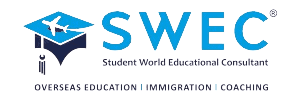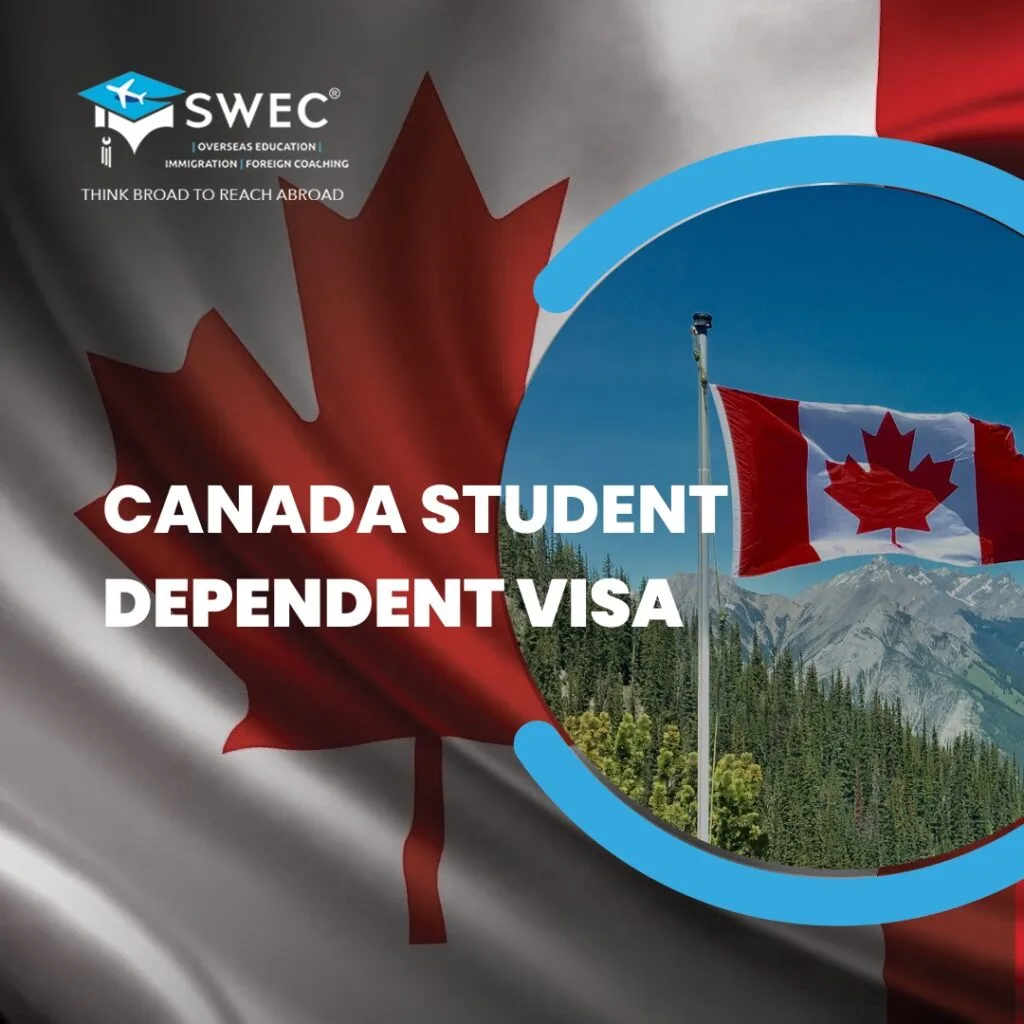
Canada\’s Express Entry migration system is quite complex and serious. Just the applicants with the most elevated or exceptional Comprehensive Ranking System (CRS) scores get solicitations to apply for PR status.
In the event that you\’ve presented your Express Entry profile and your CRS score is lower than you\’d like, you have alternatives for improving your score. Here\’s some valuable exhortation to help Express Entry competitors support their CRS score.
1. Checklist: Have you claimed all the points you\’re eligible for?
There are a couple of area of the CRS score where you might not have asserted the entirety of the focuses you can get. Check the two options and ensure that you\’ve asserted all the components that apply to your circumstance.
Kin in Canada
Do you, or your mate/customary law accomplice, have a sibling or sister living in Canada as a resident or perpetual inhabitant? This relationship can be through blood, selection, marriage, or custom-based law organization. Provided that this is true, simply demonstrate the relationship and watch your CRS score increment by 15.
Education
This tip is pointed especially at Canadian Experience Class (CEC) and Federal Skilled Trades Class (FSTC) competitors. In contrast to Federal Skilled Worker Class (FSWC) applicants, CEC and FSTC up-and-comers don\’t need to give an Educational Credential Assessment (ECA) or Canadian accreditation upon passage to the pool. What may that mean? It may imply that you are surrendering to 200 CRS focuses on the table, unclaimed. Instruction is worth 150 focuses in its own right, and up to 50 more in blend with Canadian work insight or potentially language capacity.
Second Language
You can claim points for both English and French under the CRS. If you are capable in both languages, make sure that you take an approved language test in both English and French to ensure that you’re getting as many points as possible. Plus, there are bonus points available to bilingual candidates and certain PNP streams that are only open to French-speakers.
Get a job offer
Easier said than done, yes, but by securing a job offer and the up to 200 points it provides, the chances of receiving an ITA are dramatically increased. The best way to achieve this is by conducting a comprehensive job search that is linked to visiting Canada. As a candidate is preparing for a potentially life-changing move, visiting the country is always advisable. Aside from offering an insight into what life in Canada will be like, the chances of landing a job are significantly greater if a candidate is available to meet face-to-face with employers or attend employment fairs in Canada. It is possible to obtain a job offer from overseas, but why not increase your chances by visiting Canada?
2.Faster Options: Short-term ways to increase your CRS score
Here is our top recommendation for a fast way to improve your CRS score. This can be completed in a matter of weeks, if you put in the time and effort required to succeed.
Retake your language test
If you haven’t maximized your approved language test scores, then this option could be the key to you getting a competitive CRS score.
Did you know that language ability is worth up to 260 CRS points in total for a single candidate, or up to 270 points for a couple? Not only is language ability the most valued human capital factor under the Comprehensive Ranking System, but it is also a factor where incremental gains can make a huge difference.
Extra points are accumulated for each improvement in test results across the four language abilities (speaking, listening, reading, writing), but the magic threshold is when a candidate achieves a Canadian Language Benchmark (CLB) level of 9 in each ability. Why? Because in addition to the points gained for improvements to that level, getting a CLB 9 in each ability also triggers a jump in points under the skills transferability factors (the exact jump depends on your levels of education and work experience). One small step in your language ability, one giant leap for your CRS score.
Skill transferability factors can result in a maximum of 100 points, so be sure you get as many of these points as you can.
To reach CLB 9 on the IELTS General Training exam, you have to achieve the following minimum scores:
- Listening: 8.0
- Speaking 7.0
- Reading: 7.0
- Writing: 7.0
To reach CLB 9 on the CELPIP general exam, you must achieve a minimum score of 9 in each of the four abilities.
3. Slower Options: Long-term ways to increase your CRS score
If you have your heart set on immigrating to Canada through Express Entry, there are some longer term options for improving your CRS score. Some of these options may only take a few weeks or a few months, while others might require a year or more of your time.
Gain more work experience
If you are working outside Canada but have less than three years of full-time (or equivalent part-time) experience, keep working! While this work won’t bring points under the human capital factors, it is nonetheless rewarded in the skills transferability combinations.
The goal of remaining in employment is even more important for candidates currently working in Canada on a work permit, because more points are available for Canadian work experience. Just make sure that if you are working in Canada, you maintain legal work status the entire time.
As long as you indicate that your employment is ongoing on your Express Entry profile, your CRS score will automatically update when you reach a new threshold of work experience.
Complete another educational program
This is definitely a long-term strategy for improving your CRS score. Regardless, gaining more education can result in a much higher CRS score. Not only do you receive CRS points for your level of education, education is an important component of the skill transferability factors section of the CRS.
You can gain a maximum of 100 points through the skill transferability factors section. In terms of education, to maximize your skill transferability points, you must complete the following level of education:
- Two or more post-secondary credentials, and at least one must have been for a program of three-years or longer.
If you already have a bachelor’s degree, you can complete another one-year program, and this will likely make you eligible for higher points under skill transferability factors. Although it does require completing an educational program, this might be a worthwhile investment if you have your heart set on immigrating to Canada.
Check out course options for study in Canada.




